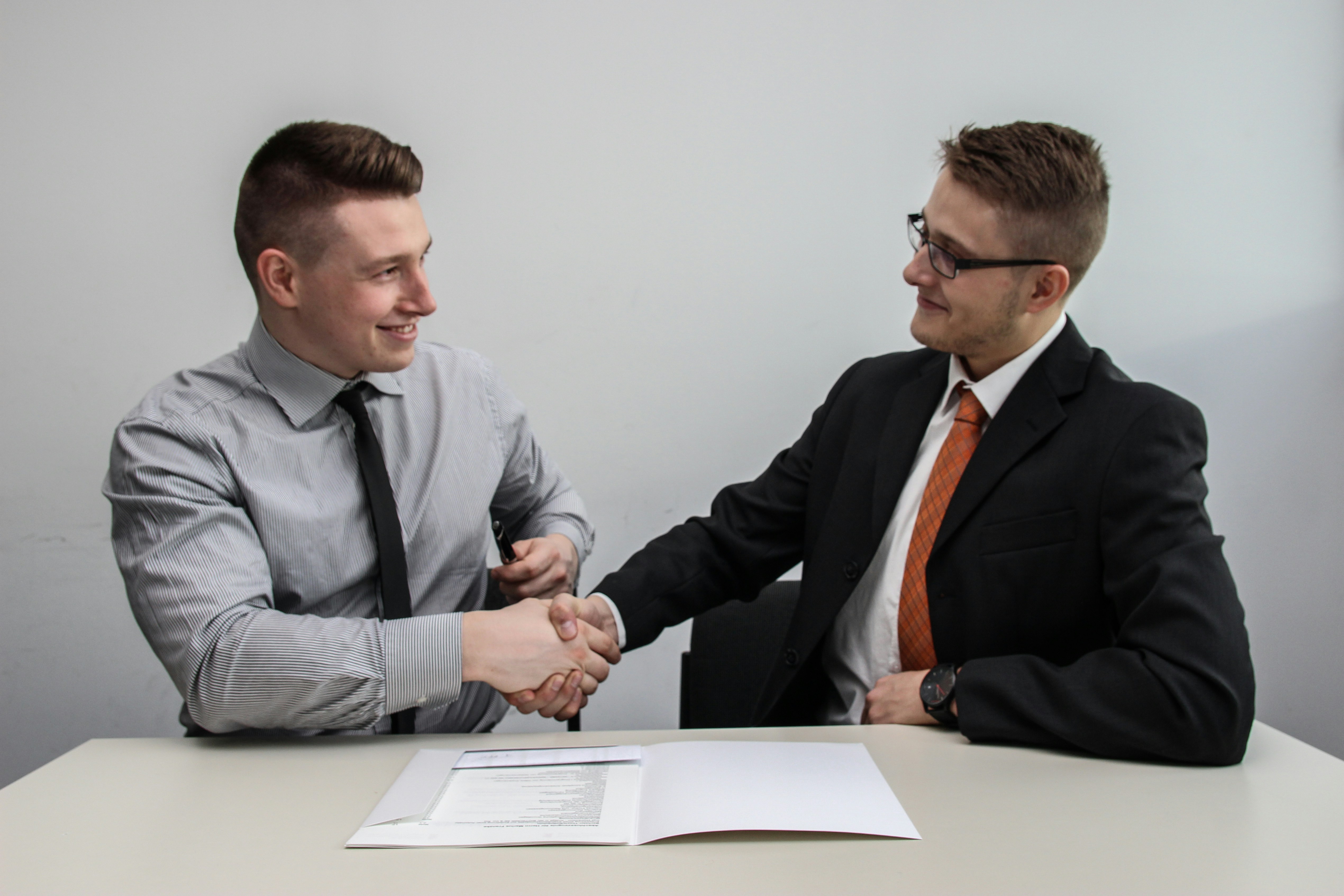Breaking into Tech: A Non-Technical Job Seeker's Resume Makeover
Interviewee: Rohit Khurana, Aspiring Product Manager
Interviewer: Pranav Desai, Resume Coach at Prosumely

Q1: Rohit, what inspired your shift to the tech industry?
My background has always been rooted in retail operations, where I managed large-scale store formats, optimized processes, and led teams across different geographies. However, over the years, I found myself gravitating toward tech-driven solutions for operational challenges. I started experimenting with process automation, CRM integrations, and data analytics to drive better customer experiences. That's when I realized I wanted to be on the product side—designing the very solutions that I was using to solve problems. The tech industry felt dynamic, future-ready, and aligned with my problem-solving mindset. But the biggest hurdle was repositioning myself convincingly to hiring managers who were looking for prior product experience. That's when I turned to Prosumely.
Q2: What were your fears before starting this resume journey?
My biggest fear was that I wouldn't be taken seriously for tech roles without a computer science degree or prior product title. I worried that my resume would immediately disqualify me because of my traditional background. There was also a sense of imposter syndrome—wondering if I could even tell a compelling story to recruiters without sounding like I was stretching the truth. I feared that no matter how much I upskilled, it wouldn't show unless it was presented the right way. The thought of starting from scratch and trying to break into a new field after 8 years in a different industry felt daunting.
Q3: How did the Prosumely team tackle that challenge?
Pranav and the Prosumely team took a highly strategic approach. They didn't try to hide my past—instead, they helped me embrace it and extract the transferable skills that were aligned with product roles. We highlighted my ability to understand user needs, lead cross-functional teams, and implement tech-driven solutions. They also helped me structure a clear "Career Transition Summary" at the top of my resume, which told hiring managers why I was pivoting and how I was preparing for the role. The resume was tailored with the language and keywords from product management job descriptions, making it ATS-friendly while keeping it authentic.
Q4: What was the most impactful change made to your resume?
The most impactful change was shifting from responsibilities to outcomes and narratives. Rather than listing what I did in my retail role, we focused on how I drove innovation, introduced digital workflows, and made data-backed decisions. For example, we reframed a retail scheduling challenge into a product-style problem that I solved using technology. That approach not only made the resume more relatable to product hiring managers, but it also made me realize I had already been functioning with a product mindset. The added section on certifications, like my Scrum and Product School coursework, was also positioned prominently to showcase my commitment.
Q5: Did storytelling play a role in your resume?
Absolutely. Storytelling was central to the transformation. Each role was positioned like a case study—a challenge I faced, the action I took, and the result it generated. This helped make my journey memorable and persuasive. Instead of saying "handled 50+ stores," the revised version said "led a process optimization initiative across 50 stores, reducing operational overhead by 22% using tech-enabled scheduling." That shift in narrative made a huge difference. It made my resume feel like a dynamic roadmap rather than a static list of past tasks.
Q6: Did you get any industry feedback after using the new resume?
Yes! Within two weeks of uploading the new resume to job portals and LinkedIn, I started getting responses from startups and tech-enabled platforms. One recruiter from a SaaS company even told me, "Your resume stands out because it's not just about what you did—it shows how you think." That feedback validated the effort and approach we had taken. I was also invited to two interviews for Associate Product Manager roles—a big step considering I had no prior experience in the title. It proved that a strong narrative can open doors, even in competitive industries.
Q7: Were you also guided on interviews and cover letters?
Yes. Prosumely also offered guidance on my cover letter and basic interview prep. The cover letter followed the same narrative arc—why I was transitioning, what skills I brought, and how I had prepared. It helped personalize my applications and made me more confident going into interviews. The interview coaching also emphasized how to handle the "career pivot" question gracefully. I learned how to highlight my adaptability and continuous learning mindset, which became central to my pitch.
Q8: Final thoughts for others looking to pivot careers?
If you're looking to make a career switch, don't be discouraged by what you think you lack. Focus instead on what you already bring to the table. And most importantly, find experts who can help you tell that story powerfully. Prosumely didn't just write a resume for me—they helped me reimagine my professional identity. That shift in mindset made all the difference. Breaking into tech isn't just about coding skills—it's about strategic thinking, user empathy, and the ability to adapt. The right resume can show all that if it's built with intention.